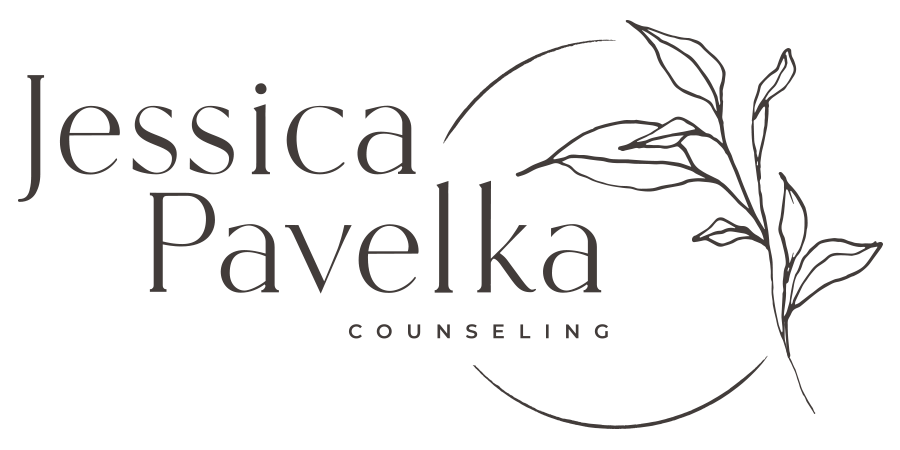Is What You're Thinking 100% True?
Do you ever feel bogged down by your own thoughts? Do your stressful thoughts ever begin with…
I should ____.
I worry that ____.
What if ____.
I’ll never ____.
I won’t ever ____.
I can’t imagine ____.
I’m just not ____.
Yeah, but ____.
…to name a few.
Limited beliefs is a top contributor to feeling unfulfilled in life. I often hear clients begin sessions with phrases such as the ones above in therapy sessions. My job as their therapist is to catch them in the present moment and pose the question, is that thought 100% true? A fact?
Often, clients feel puzzled by this and are left to question the belief that has brought them to therapy.
Cognitive Distortions or Thinking Errors are common and experienced by everyone. Whether you experience Generalized Anxiety Disorder or Major Depressive Disorder or not, everyone, unfortunately, limits their full potential by limited thinking patterns.
In Cognitive Behavioral Therapy (CBT), I educate clients about which common thinking errors they are engaging in and provide them with the proper tools to overcome them.
Cognitive distortions are internal mental filters or biases that increase our misery, fuel our anxiety, and make us feel bad about ourselves. Our brains are continually processing lots of information. To deal with this, our brains seek shortcuts to cut down our mental burdens. [1]
What are Cognitive Distortions?
Cognitive Distortions & Examples
Black-and-white (or all-or-nothing) thinking: I never have anything interesting to say.
Jumping to conclusions (or mind-reading): The doctor is going to tell me I have cancer.
Personalization: Our team lost because of me.
Should-ing and must-ing (using language that is self-critical and puts a lot of pressure on you): I should be losing weight.
Mental filter (focusing on the negative, such as the one aspect of a health change that you didn’t do well): I am terrible at getting enough sleep.
Overgeneralization: I’ll never find a partner.
Magnification and minimization (magnifying the negative, minimizing the positive): It was just one healthy meal.
Fortune-telling: My cholesterol is going to be sky-high.
Comparison (comparing just one part of your performance or situation to another’s, which you don’t know, so that it makes you appear negatively): All of my coworkers are happier than me.
Catastrophizing (combination of fortune-telling and all-or-nothing thinking, blowing things out of proportion): This spot on my skin is probably skin cancer; I’ll be dead soon.
Labeling: I’m not a healthy person.
Disqualifying the positive: I answered that well, but it was a lucky guess. [1]
When one uses their emotions to inform their thinking and beliefs (i.e., Emotional Reasoning), as if their emotions are factually based, they can be left feeling sad, frustrated, stuck, anxious, or even hopeless.
How can talk therapy and Mindfulness-based Cognitive Behavioral Therapy help?
It’s helpful to tackle stressful thoughts with a trained Licensed Professional Counselor. Good mental habits are as important as good physical habits. Reach out to Jessica Pavelka, MS, LPC, NCC, CYT for a free initial phone consultation to discuss your goals.
Resource
https://www.health.harvard.edu/blog/how-to-recognize-and-tame-your-cognitive-distortions-202205042738#:~:text=Cognitive%20distortions%20are%20internal%20mental,cut%20down%20our%20mental%20burden.

